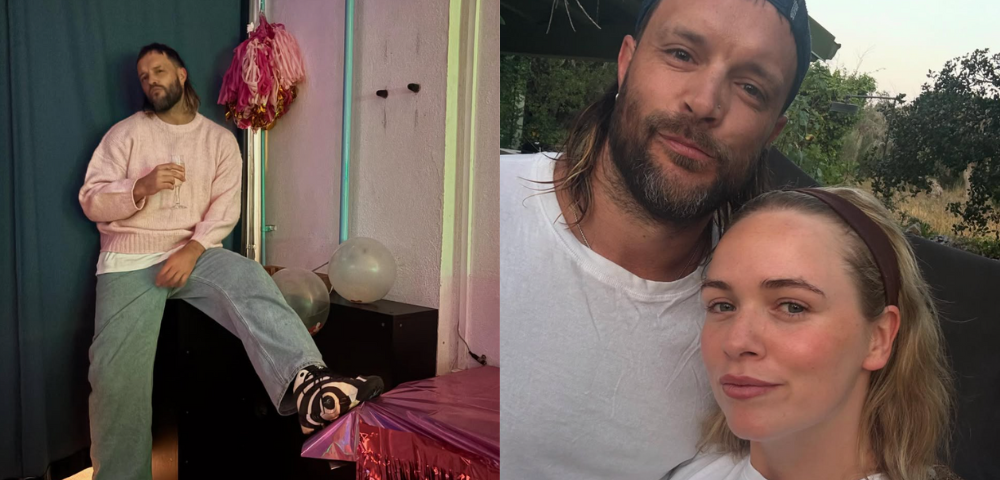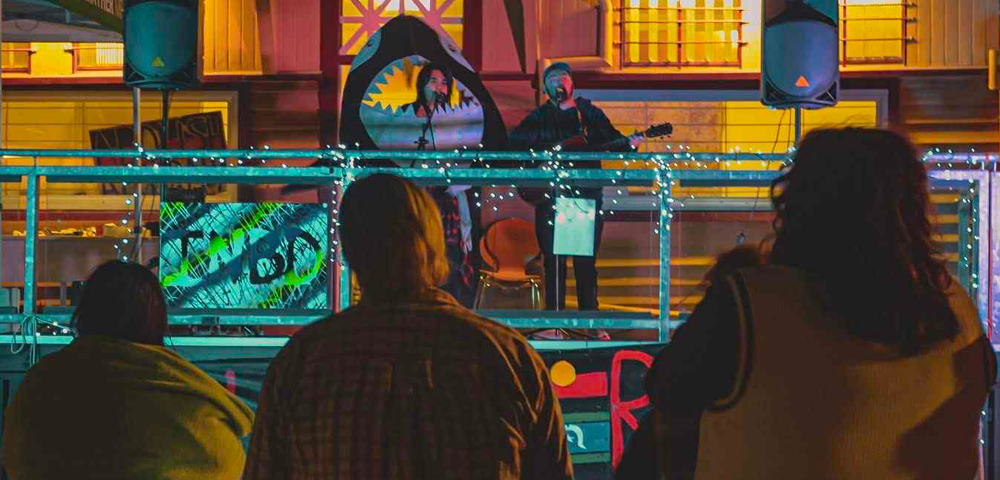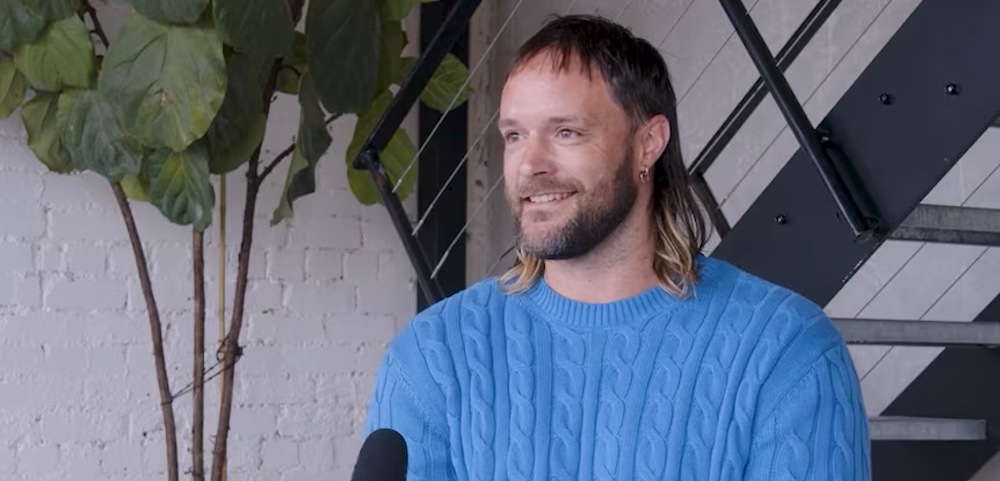
Sex education a major issue for LGBTI people living with disability
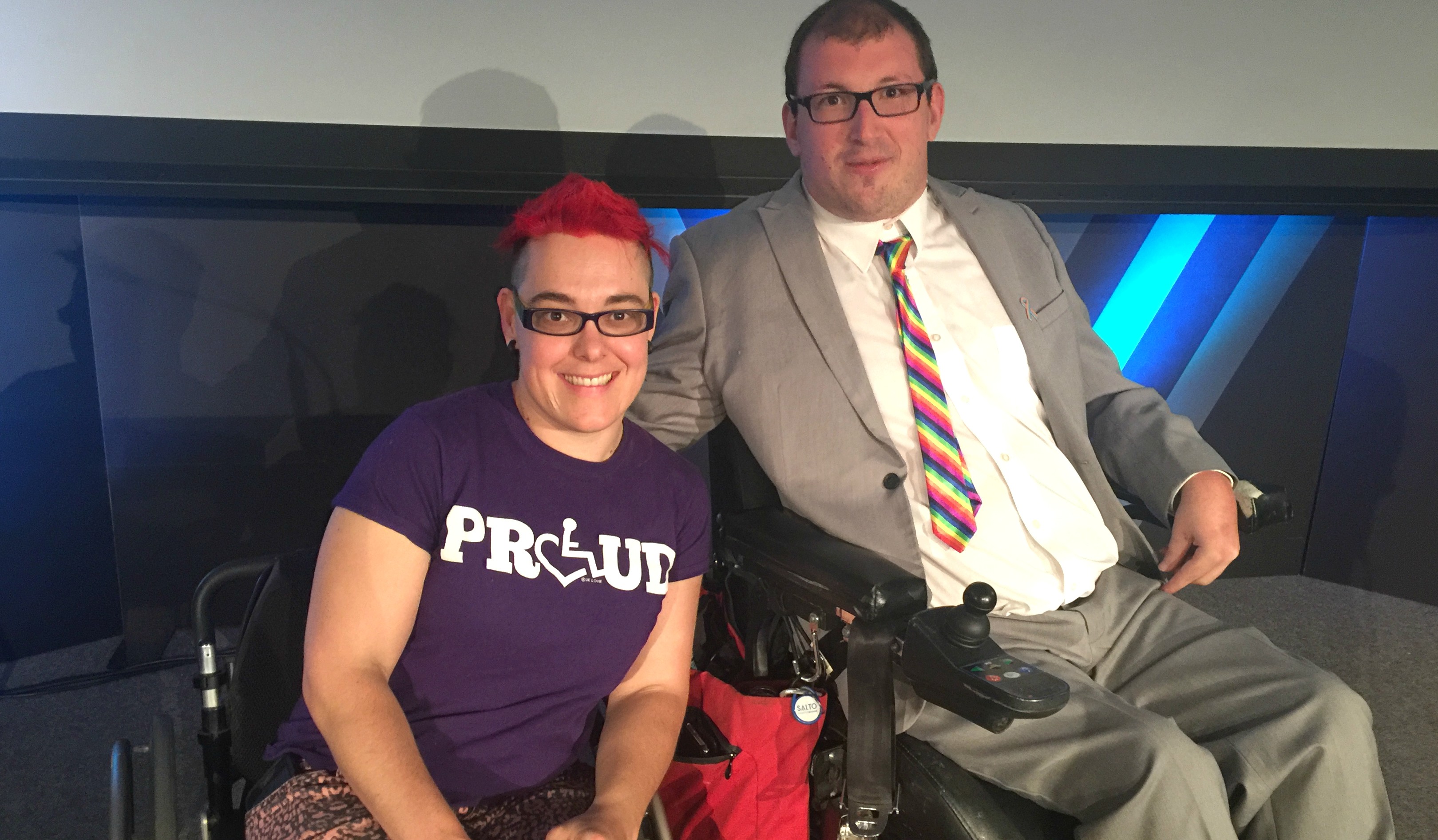
DISABILITY activists have called for improved sex education and more rural spaces for LGBTI people living with disabilities at a forum in Melbourne today.
As part of the International Day of People Living with Disability, an forum brought together LGBTI community members to discuss the issues faced by those living with disability, along with a number of people who shared personal experiences.
A recent study by Gay and Lesbian Health Victoria (GLHV) found that 23 per cent of LGBT people are living with disability in Australia, and report high levels of distress and anxiety.
Disability and rights activist Jax Jacki Brown said there were few spaces for LGBTI people with disabilities to explore their sexualities.
“We need to see more spaces where we can be out and proud, and I think sadly that comes down to funding,” she told the Star Observer.
“My experience of disability and queer identity is not unique but often people with disability struggle to find lovers and spaces where they can be sexual.
“I try to develop pride and push the boundaries and ask about accessibility, it’s something that queer people with disabilities need more confidence in doing… change only happens if you’re there advocating for it.”
Brown believes sex education in school will help those living with disability to come to terms with their sexual identity.
“I think sex positivity is really important for everyone but particularly for people with disabilities, because we get all these messages that we’re less desirable, or we’re less sexual than other people without disabilities,” she said.
“We have inadequate sex education for people with disabilities in special schools, we’re not told about pleasure.
“There are a lot of people out there that are living interesting, radical lives with disability and having amazing sex with people, and yet they’re told to ‘be grateful’ if someone wants to sleep with them.”
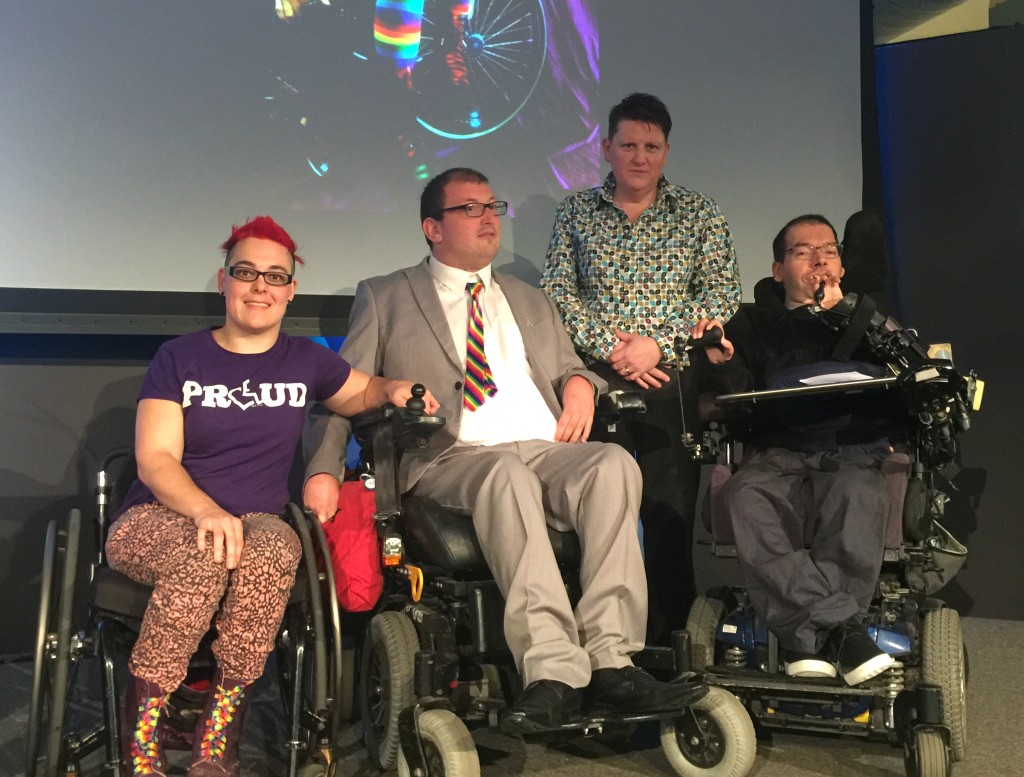
Fellow disability activist Jarrod Marrinon used to live in Narre Warren, where he was unable to find private spaces to explore his sexual identity.
During the forum he questioned where the safe spaces were in rural Victoria for LGBTI people with disabilities to be open.
“For far too long people with disabilities have been told that sex is bad, but there are people out there having really positive sexual experiences, and we would like to see more opportunities for people to explore their sexuality,” he told the Star Observer.
“When someone queer or someone with a disability comes out, society expects them to understand exactly what they want and it can be really hard to ask when you don’t even know what you need.”
Much like Brown, Marrinon advocated for improved education and awareness in the classroom.
“I think it mostly starts with schools and education, at school they didn’t teach me sex education until I was 17,” he said.
“They were teaching able-bodied straight sex to people with disabilities, and obviously never considered we’d be anything but heterosexual… that narrative needs to change in schools.”
Gender and Sexuality Commissioner Rowena Allen was also in attendance, and said the event marked a significant and much-need step forward.
“Today’s the beginning of opening up a conversation with the government and the disability sector, about sexuality and access issues for LGBTI people disabilities,” Allen told the Star Observer.
“We’ll get a list of recommendations, work out what the priorities are, and then start tapping on doors until we get the funding.”




